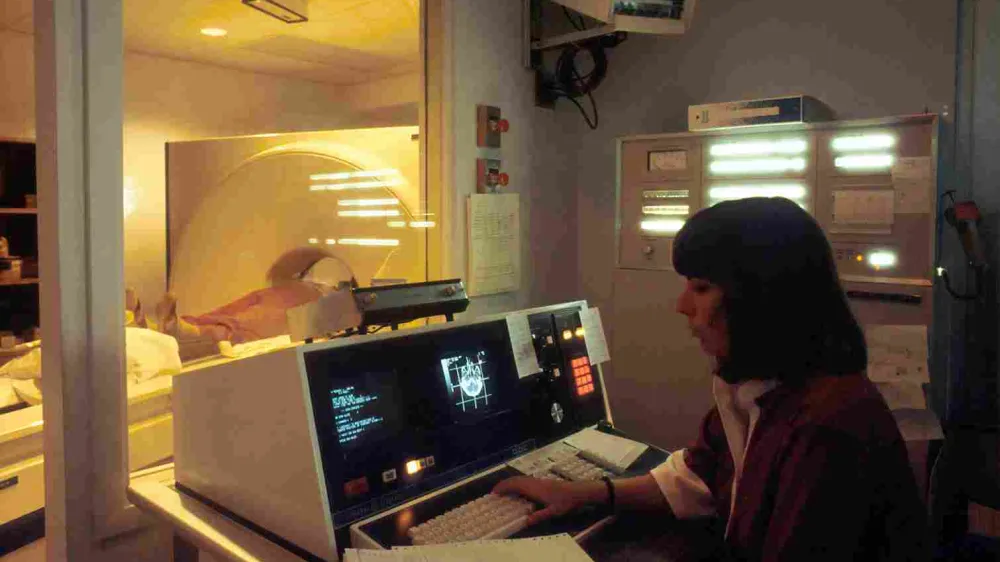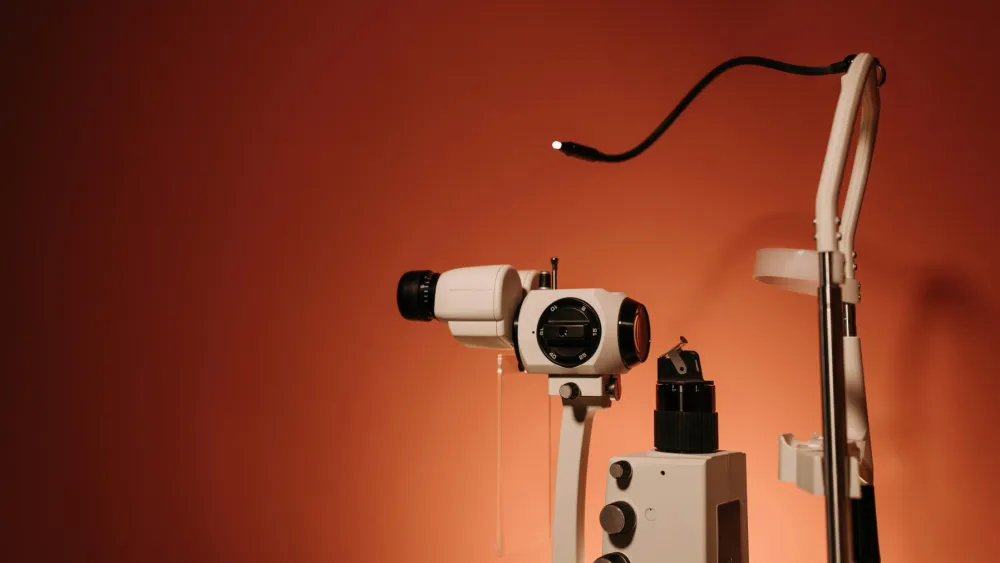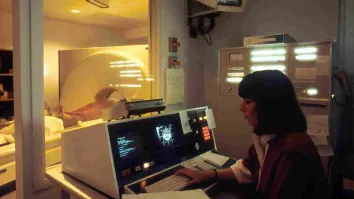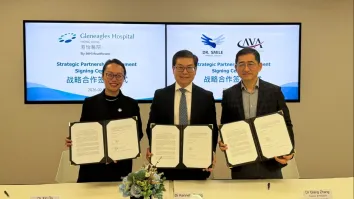
Will weak enforcement undermine WHO’s pandemic treaty?
The global accord affirms national sovereignty in public health matters.
An agreement drafted by the World Health Organization (WHO) to improve global pandemic prevention, preparedness, and response in low- and middle-income countries could turn it into a mere scrap of paper in the absence of enforcement.
Voluntary cooperation could lead to inconsistencies and delays, affecting these nations especially during health emergencies, according to a report by BMI, a FitchSolutions company.
“Neither the WHO nor the United Nations has enforcement authority over the treaty, with the agreement specifically affirming national sovereignty in public health matters,” it pointed out.
Historically, there have been no penalties for ignoring international health rules, with treaties mainly serving as a guide for countries to follow.
Announced on April 16, the accord must be approved by 60 of the 194 WHO member states to become an international law.
Once signed, the treaty will focus on key measures such as a pathogen access system, improvements in research and development (R&D), technology transfer, and the development of a skilled health emergency workforce.
Drafting the deal took three years—beyond the original May 2024 deadline—highlighting the challenge in international cooperation, BMI said.
“A major point of contention was technology transfer, with the final draft stating that technology will be shared ‘where mutually agreed upon,’ meaning companies and countries would essentially have to reach agreements separately,” it pointed out.
The absence of the US in negotiations and cuts to aid financing also pose risks to pandemic preparedness and the supply of drugs after its withdrawal from the WHO in January.
Declining aid to low- and middle-income countries from the US and other developed nations is expected to hurt their healthcare systems, which depend on foreign aid for programmes such as disease prevention, maternal and child health, and infrastructure.
Moreover, global trade tensions and shifting US tariffs are expected to further complicate the healthcare landscape, particularly the medical device industry, according to GlobalData.
“Regulatory timelines are stretched, innovation cycles are disrupted, and internal resources are redirected towards navigating evolving trade and compliance dynamics,” said Elia Garcia, a medical analyst at GlobalData.
“[Medical device] manufacturers are calling for greater alignment between trade policy and regulatory frameworks to support patient access, innovation, and operational resilience,” she added.
Overall, the situation increases global health risks by affecting disease surveillance, medical R&D, and outbreak response, raising the likelihood of a spread of infectious diseases, BMI said.
“These shifting global health financing dynamics highlight a wider challenge in sustaining global health security and underscore the need for diversified funding sources amidst risks to global cooperation and collaboration,” it added.
Questions to ponder:
- What are the gaps in the draft treaty and what are some suggested solutions?
- How can negotiators balance accountability and sovereignty when implementing compliance measures?
- How confident are you in incentivizing compliance, given enforcement issues involving international health regulations during the COVID-19 pandemic?



















 Advertise
Advertise





